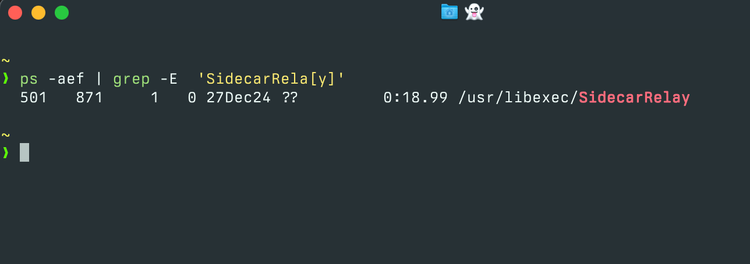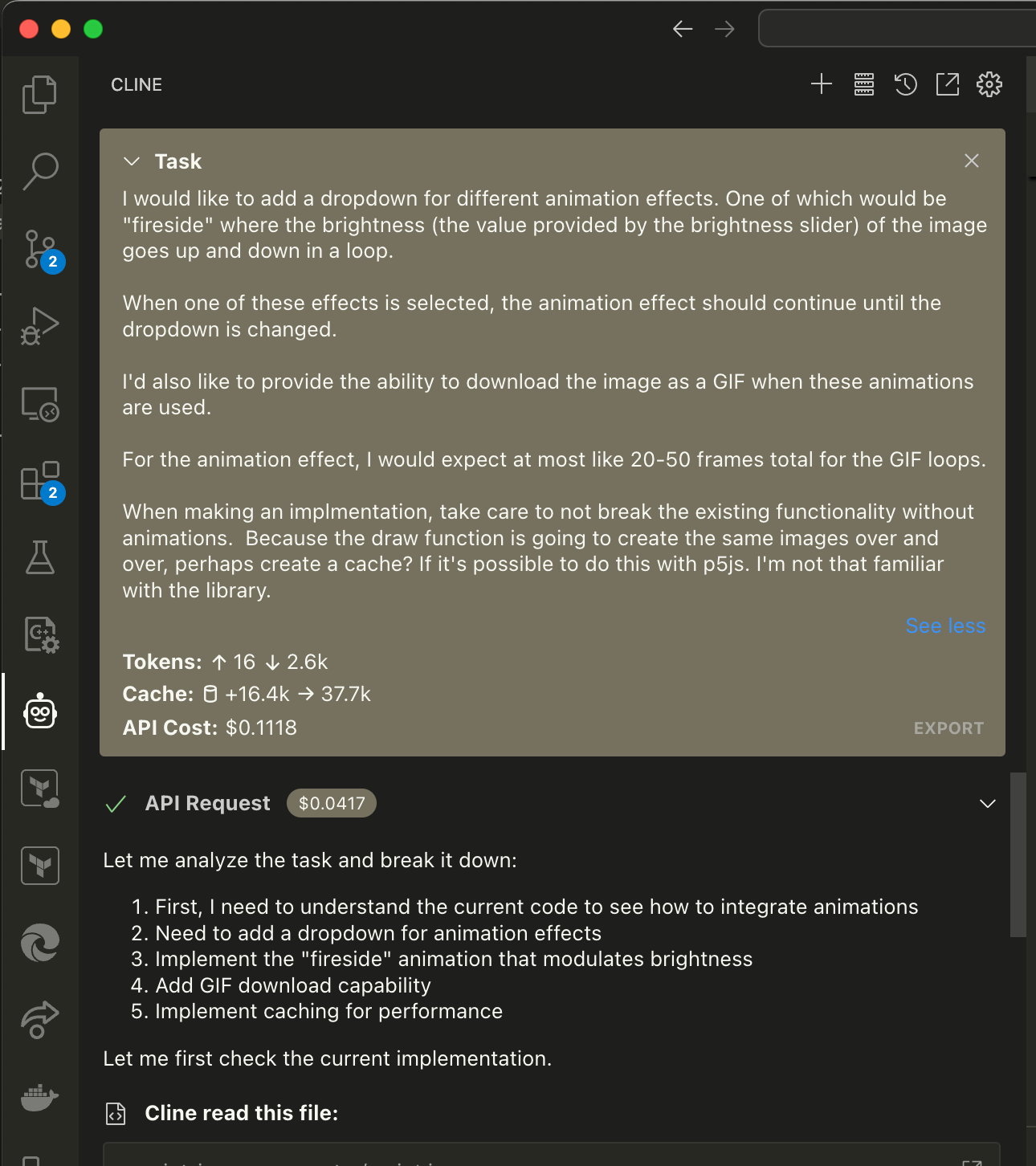How to Evaluate Stock Options in a Job Offer

If you receive a job offer from a startup that has the intention of going public, a component of your compensation is likely to be in the form of stock options.
Stock options are offered to employees as an incentive to remain with the company for a period of time, and typically offered only in startups as they are a form of non-cash compensation that defers payment into the future.
Stock options can complicate comparisons between multiple offers. It's important to have a general understanding of the underlying mechanisms that affect the company's share price in order to make an educated evaluation of the equity component of the offer.
What is a stock option?
A stock option gives you the right (but not the obligation) to purchase shares of a company's stock at a specified price. This price is known as the grant, exercise, or strike price.
If the strike price is lower than the price that the company's stock is trading at, you can realize a profit by exercising the option to purchase the shares at the lower price and then immediately sell them at the higher price.
If the strike price is higher than the price that the company's stock is trading at, you would not exercise the option since it would cause you to immediately have an unrealized loss, as you would only be able to sell the shares at a lower price.
How should I value the stock options?
Stock options are primarily offered by startups that have a long-term goal of becoming public or selling the company. Startups typically are more budget-conscious and typically will pay lower salaries than public companies, with the teaser in compensation being stock options.
When evaluating stock options, it's helpful to compare them to the most popular form of equity compensation at public companies, Restricted Stock Units.
What are the differences between RSUs and stock options?
Restricted Stock Units
- A specified number of shares vest periodically. These shares are deposited into a brokerage account that you set up through your employer.
- The tax mechanism for these can best be described as "company pays you $X * number of vesting shares, where X is the current trading price of the stock." You immediately realize a gain, but are holding shares at the end of the transaction.
- Some companies will sell some shares and withhold the proceeds to cover the tax liability, others will let you figure out the tax liability.
- You can immediately sell the shares on the open market once they are in your account.
- You know what the value of your grant is every week through public market prices.
Stock Options
- A specified number of options vest periodically. These options will become available through a brokerage platform or an equity management platform like Carta.
- Depending on the company, you may receive Qualified Incentive Stock Options (ISOs), Nonqualified Stock Options (NSOs), or a combination of the two. The difference between the two mostly being tax treatment.
- You can choose to exercise the options at any time once they have vested. Exercising the options triggers a tax liability(!). Exercising the options requires you to actually purchase the shares, so you will have to have money from savings or obtain a loan in order to purchase them.
- If you choose not to exercise the options, nothing happens.
- If you leave employment with the company, typically you have 90 days to exercise the options. If you choose not to exercise within the 90 days, you forfeit the options(!).
- If you exercise the options, you will own shares. You will not know the value of these shares on a day-to-day basis. When the company has another 409A valuation, you will get an idea of the FMV of your shares.
How can I lose?
Stock options may give you dreams of moon-missions and yachts, but the reality is more sober. Some considerations for stock options (especially relative to RSUs):
- Startups are inherently high-risk. The valuation of the company may increase or decrease from subsequent funding rounds. As new investors put money with the company, common shareholders (most likely you) get diluted. That means the value (and price) of the common shares goes down.
- Despite owning shares, you will not necessarily be able to sell them. Sometimes during subsequent funding rounds there will be a secondary offering where common shareholders can have a window to sell shares at the current FMV (mostly to incoming investors).
- If the company doesn't go public, you will be stuck waiting to sell your shares.
- If the company doesn't get bought, you will be stuck waiting to sell your shares.
- If the company goes bankrupt, you will be stuck waiting to sell your shares (forever).
- If the company goes public but the trading price is less than the strike price of the options, the options are (at that time, but possibly forever) worthless.
- If the company goes public but the trading price is less than the strike price at which you exercised the options, you have an unrealized loss on the shares you hold.
It should be obvious that stock options require more considerations than RSUs. It should also be apparent that the risk for the option holder is enormous (relative to RSUs).
If you have stock options, it is likely better to wait until there is a high degree of certainty about a financial exit before exercising them. There are some tax benefits to exercising and holding the shares for >1 year, but these are likely outweighed by the risk of investing money in a company that you will not able to pull out.
Furthermore, you are already invested in the company by working there. Exercising the options early increases your exposure to the company for almost no financial benefit.
If you are leaving the company before IPO, you have to make the difficult decision of tying up money indefinitely by exercising the options (and paying tax) versus forfeiting the options.
How do I ensure that I'm getting a good deal?
Since stock options have so many risks: success of company, valuation of company, time to financial exit, etc; you would expect that the equity component of an offer, when denominated in stock options, to be significantly higher than that of an already public company.
Simply put, if you are working at a startup, you would want the equity component to be big. Otherwise, you're working for less money.
The recruiter should give you a spreadsheet outlining some of the financials for the company and the value of the option grant. Here are some additional questions you can ask the recruiter:
- What was the FMV of the company's last 409A valuation?
- When is the company's next 409A valuation?
- When is the company going to IPO? What is the financial exit strategy for investors (and yourself)?
- What is the company's Annual Recurring Revenue? (important - you can take this and the most recent valuation to arrive at a rough multiple, at least for SaaS companies.)
- How quickly are the company's revenues growing?
- What is the size of the Total Addressable Market?
- How much does the company expect to capture of that market? (Get a rough idea of company valuation at IPO)
For early stage companies, they probably have little revenue and no idea when they're going to IPO. So you should obviously expect more equity, especially since you are going to have to wait years to redeem any of it and there's a great deal of risk that you bear going along with it.
For companies nearer to IPO, 409A valuations are going to be more frequent and you'll be able to get a much better idea of the true value of the equity package.
Value of stock options = (FMV of most recent 409A - exercise price) * number of options * deflator for uncertainty
Remember that you should insist on valuing the package at grant, not at exit, although the recruiter may try to convince you otherwise.
You want to be joining something that is growing big, quickly, and participate in the upside.
You don't want to join something for a pittance and hope for everything to work out perfectly for it to be equivalent to a public company.
conclusion
Working for a startup has an enormous amount of risk. People working in a startup should demand additional equity as compensation for the opportunity cost of working there. Furthermore, having equity compensation makes employees have skin in the game. It further aligns the incentives of employees, investors, and founders in the same direction of maximizing the company's valuation.


